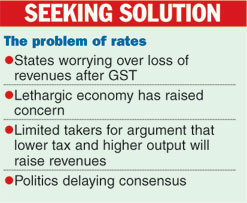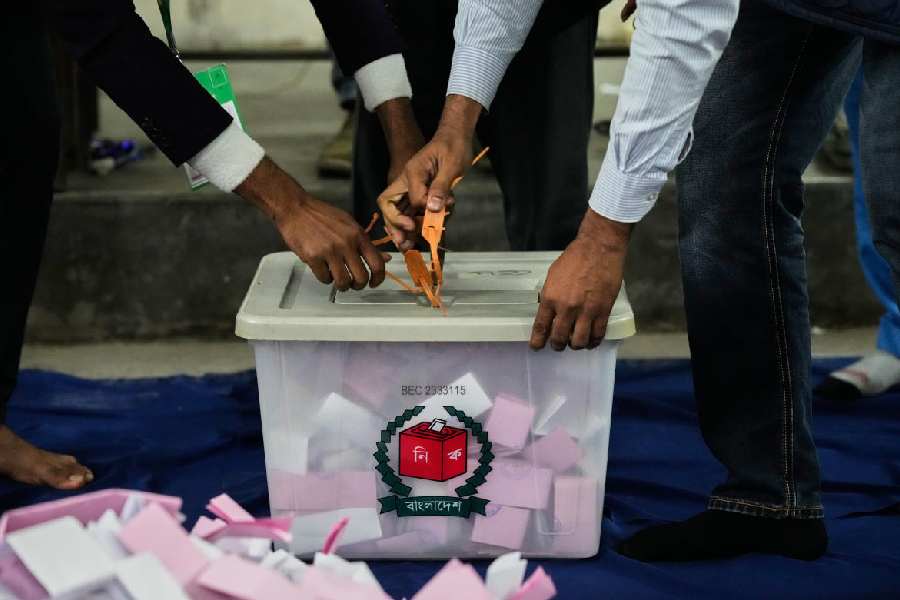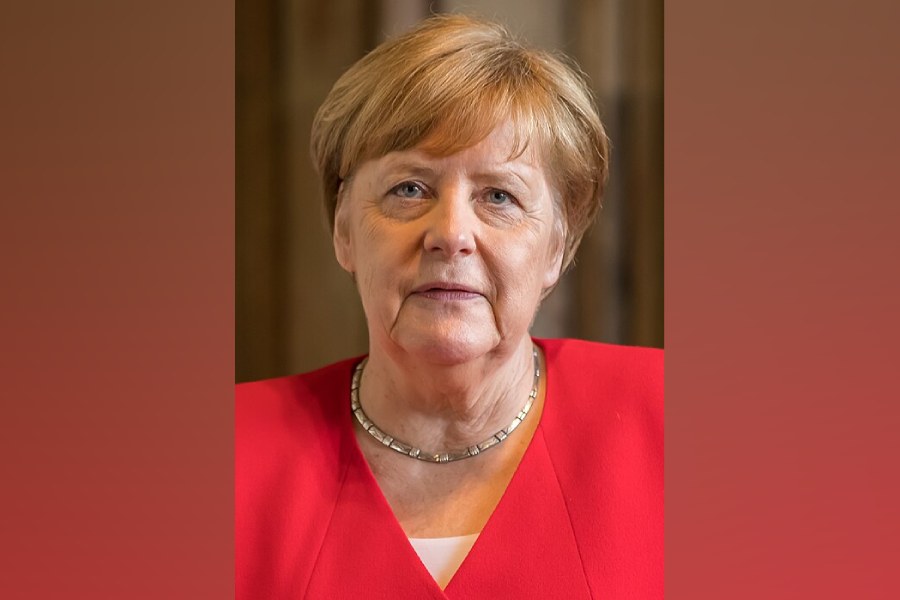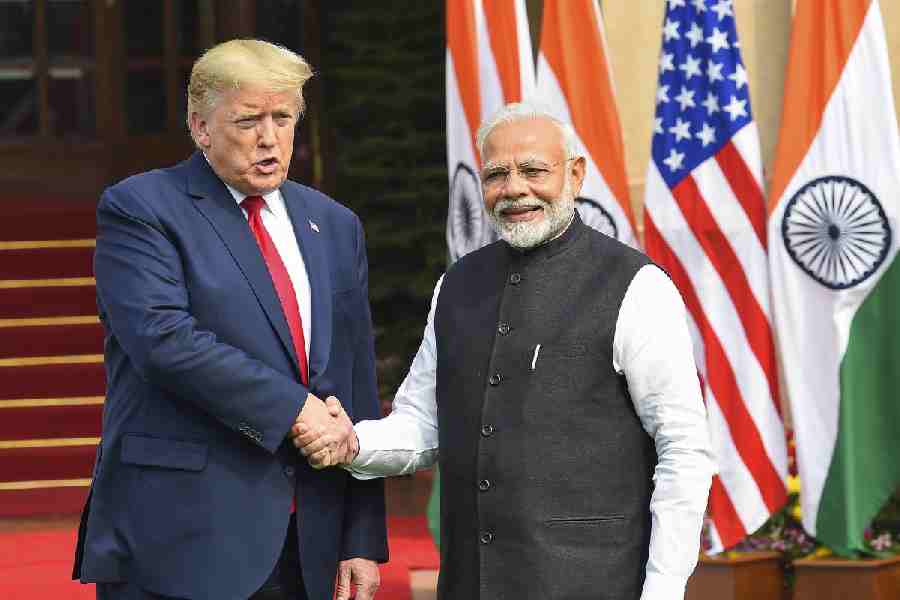New Delhi, Dec. 25: Telecom operators have made fresh representations to the finance ministry seeking a uniform rate across states with a cap of 15 per cent in the proposed goods and services tax (GST) regime.
The GST council, headed by finance minister Arun Jaitley, has decided on a four-tier tax structure of 5, 12, 18 and 28 per cent, with telecom services likely being placed under the 18-per-cent bracket.

However, essential services are expected to be taxed at a lower standard rate of 12 per cent, and the operators are making a case to club mobile services under this category.
"Telecom is an infrastructure service designated as an essential service under the Essential Services Maintenance Act, 1968, and is availed by masses," said Rajan Mathews, director-general of the Cellular Operators Association of India (COAI).
At present, telecom attracts 15 per cent service tax.
"Any further increase in the tax rate under GST will have a direct impact on the increase in costs for subscribers and cripple the telecom industry as well," he said.
Operators pointed out that they played an essential role in the country's digital drive, which is the government's priority. Lower telecom costs translate into easier and more affordable digitisation, they argued.
According to telecom companies, a higher GST rate would drive up the cost of provisioning services, leading to steeper phone bills.
Mobile service providers have also urged the finance ministry to allow them the benefit of a single pan-India registration for tax compliance under the new regime, primarily for administrative convenience, as state-wise registrations would be impossible to comply with.
Budget demands
The Cellular Operators Association of India (COAI), in its budget recommendations, has said the allocation of spectrum and one-time spectrum payment should not be subject to a service tax of 15 per cent as it increases the cost of providing services.
"Assignment of spectrum, a scarce natural resource, is an important sovereign function of the government and treating such activities as a 'service' on a par with normal commercial transactions is a deviation from standard practices adopted across the world," it said.
Globally, sovereign functions are segregated from other commercial transactions of the government, whereby the former is not subject to any tax as they do not form any part of any economic activity.
COAI has also suggested that telecom charges - payable by one operator to another such as interconnection, bandwidth charges and roaming - should not be characterised as "royalty", and hence should not attract 20 per cent TDS (tax deducted at source).
The operators have also pitched for a lower TDS rate of 2 per cent on the discount extended to pre-paid distributors. Telecom companies transfer pre-paid vouchers and SIM cards to independent distributors at a discount, who further sell to retailers and subscribers.











